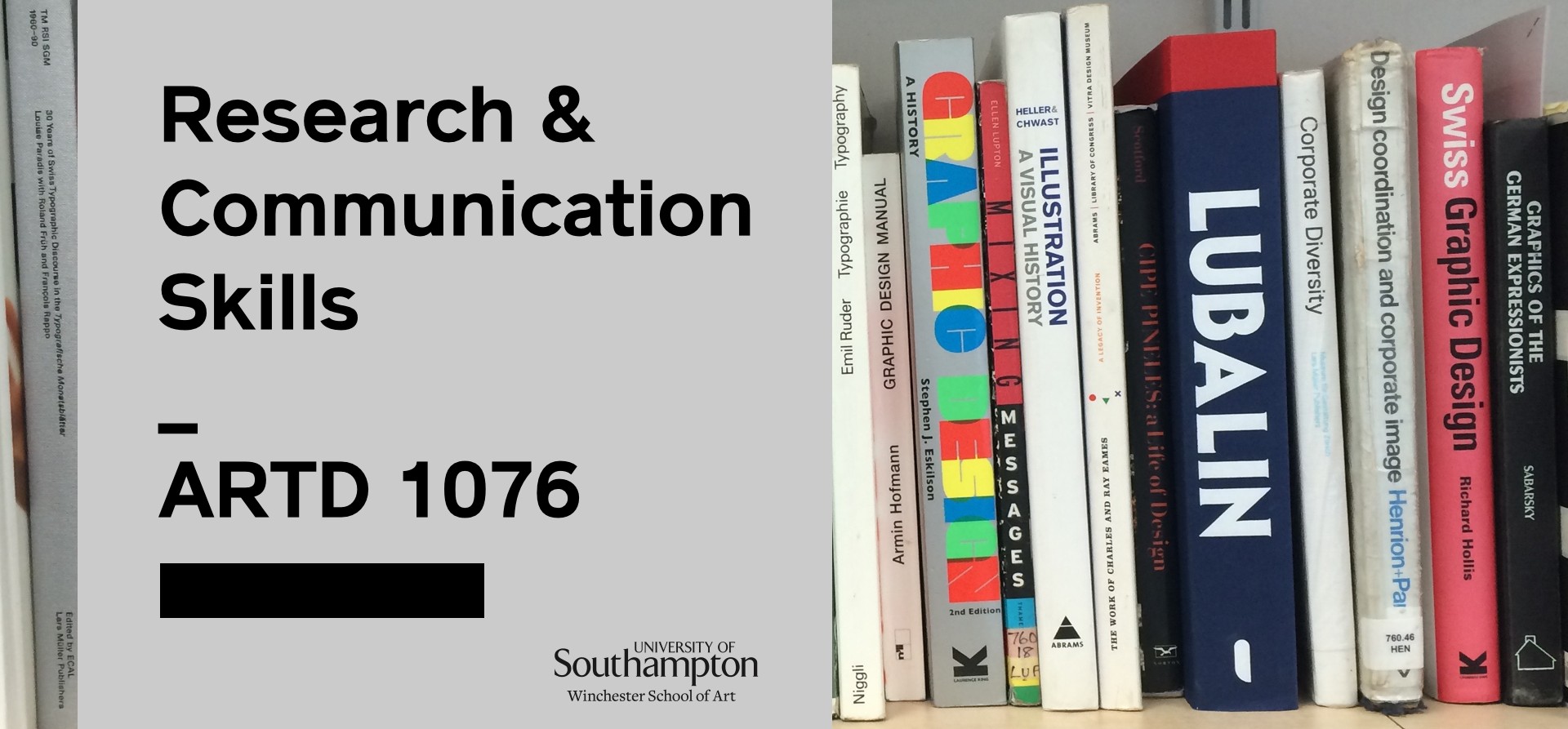Laura Neal
30/11/2017
Research & Communication Skills Final Week: Reflective Summary
“Please make sure you complete all the question pairs for all 6 topics and upload a 500 word reflective summary for the module to the blog.
As discussed for the 500 word summary really think about how this module and the content will now impact your game making process and your thoughts around game making having been exposed to the topics we have covered.
Some Reflective writing and hand in tips are now on blackboard.”
—
For this short reflective essay on the Research and Communication Skills module, I will be reviewing my progress in my own work and remembering the feedback exercises for this part of the Games Design and Art course. I will also proceed to reiterate and refine my positive and negative outlook on this module.
Before I begin, I believe it is important to note that I have consistently enjoyed attending Research & Communication Skills lectures. I found it very beneficial that each lecture focused on a different subject matter relating to Games Design, from ‘Indie’ gaming to copyright and ownership. I now feel that my knowledge of the subject has broadened significantly. For example, I was not very aware before that Human Computer Interaction played a large role in the games industry. I have also never had a problem with writing, although it was certainly more difficult to write about some subjects than others, such as Artificial Intelligence. On almost all occasions, I managed to complete each question pair task weekly and so did not have a build-up of work to finish by the end of the module.
By far, my favourite and most informative lectures were week three for Interactive Narrative and week six for copyright and ownership. Both lectures did not just inform, but stimulate ideas to explore. That is why I found it very straightforward to go into greater depth on both subjects when writing. There were more examples of games I could examine in relation to the question pairs.
I will now refine my more negative experiences of the RCS module.
What I did find frequently difficult was how to correctly reference academic sources in my blog posts. I have not used a cohesive and dependable referencing system in the past. Therefore, I have chosen to seek advice from my course lecturers and properly learn how to use the Harvard Referencing System for future tasks. Using the Harvard system will also help me to decide whether a source I am utilising is reliable and worthy.
This is not to say I have not been referencing sources, but rather whether I have been properly referencing the ones I have used.
I also found that it would have been very useful to have recommended reading related to each week’s subject matter and question pairs on a professional workspace website such as ‘Slack’ or ‘Blackboard’. The preferred reading could have been placed in a separate area or ‘channel’ so it could be accessed at a moment’s notice as well as remaining afterwards to be referenced or noted down for the future. I believe this is worth mentioning so that I can further improve my work.
If I had more time, I think that I would return to each blog post individually and re-read everything I have done. Now that I am adjusted to the course, seven weeks later, my writing has improved, and I could enhance each post to a better standard, as well as finding more sources to reference.
